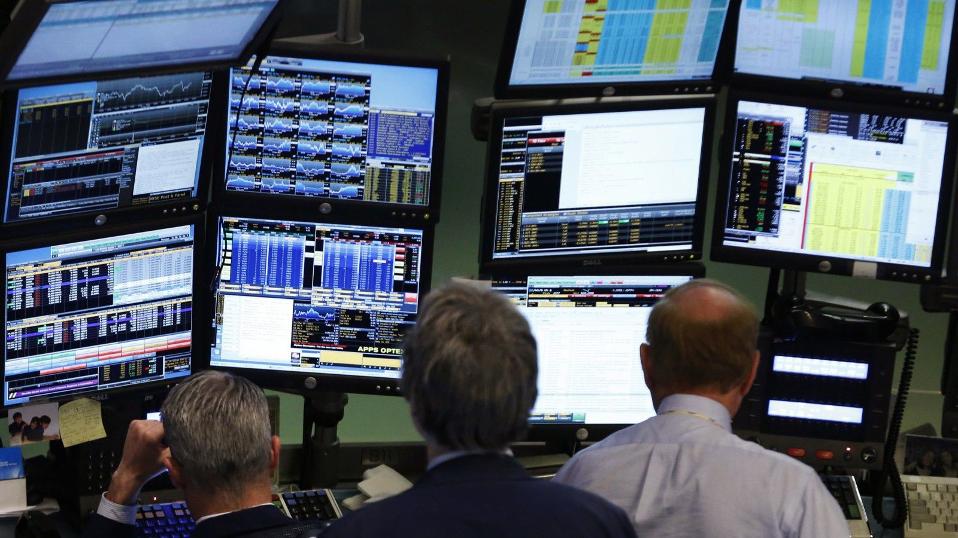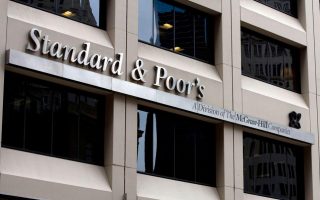Greek yields fall after S&P rating upgrade

Greek 10-year government bond yields fell on Monday after Standard and Poor’s raised the country's rating by one notch to B minus, praising the country’s compliance with the terms of its third bailout.
Greece was still debating its politically sensitive pension reform, a precondition for completing the first review and starting talks on debt restructuring that has prompted a wave of strikes. But the agency expected a compromise to be reached in the coming months.
The review could potentially lead to the inclusion of Greek bonds in the European Central Bank’s 60 billion euro a month asset purchase program. It could also pave the way to debt relief talks with its eurozone partners, which some bondholders would see as a positive development. They do not expect the talks to include the private sector, which has already taken losses in a 2012 restructuring.
At the market open at 0830 GMT, Greek 10-year bond yields fell 10 basis points to as low as 9.44 percent, having traded above 10 percent at the end of last week.
Prices were extremely volatile, however, in one of the world’s most illiquid debt markets. Only 35 million euros worth of Greek bonds had traded in the first two weeks of the year on the HDAT platform, according to central bank data.
“The rating upgrade – I don't think it was fully priced in by the market, although it's hard to draw any conclusion about the illiquid Greek bonds,” said KBC rate strategist Mathias van der Jeugt.
Analysts say Greece remains a market only for specialized distressed debt investors. Rating upgrades normally trigger forced buying from rating-sensitive investors only when a country moves from “junk” to investment grade, which Greece was still far away from.
Two-year yields were down 9 basis points at 13.48 percent, while five-year yields were 11 bps lower at 11.12 percent. The inverted yield curve in which short-term yields trade higher than longer-term ones is a sign bondholders are still worried that Greece may not be able to repay its debt in full when it comes due.
Greek CDS prices suggested the market saw a default probability of 57 percent, according to Markit data.
“The upgrade is good news, but Greece remains vulnerable,” BNP Paribas rate strategist Patrick Jacq said.
The Athens bourse was up 1.4 percent, with an index of banking stocks rising 2.2 percent.
[Reuters]





